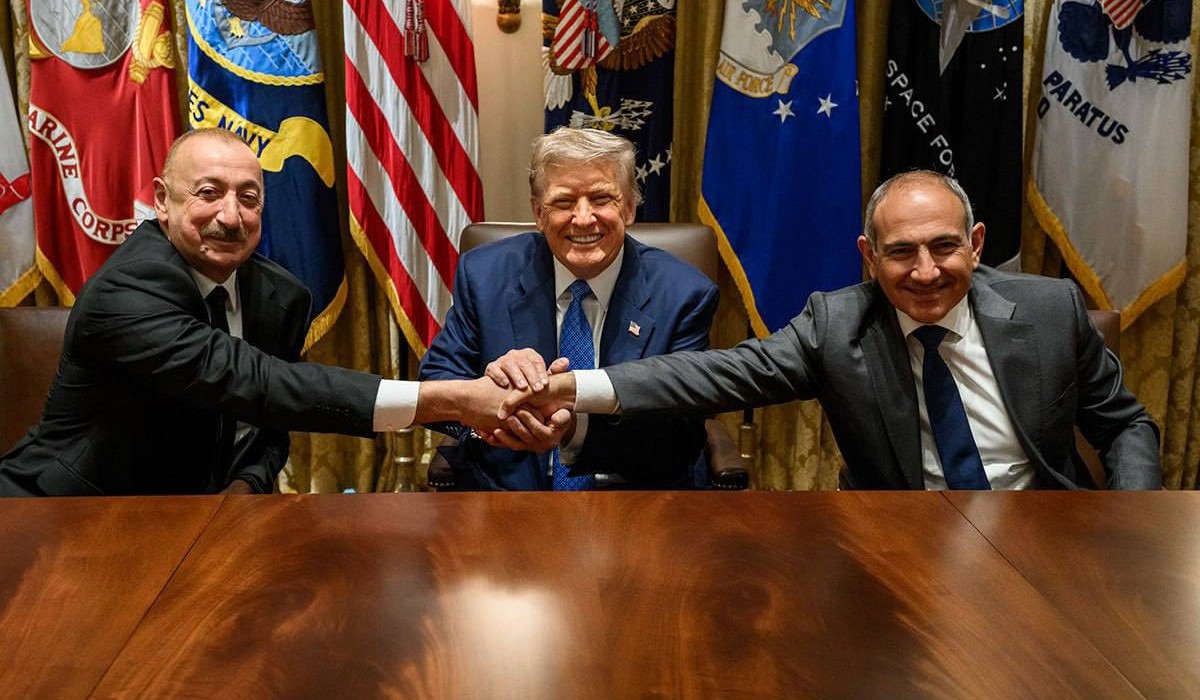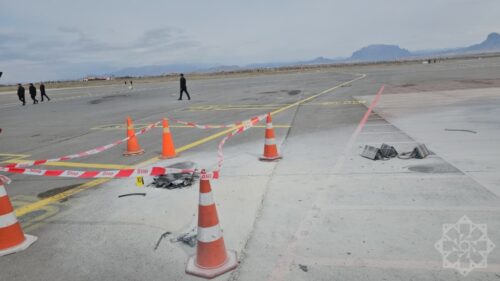
Trump deals heavy blow to Iran with Azerbaijan-Armenia deal, says New York Post
Experts say U.S. President Donald Trump’s new deal in the South Caucasus has ended a decades-long conflict and handed Washington a rare strategic foothold on Iran’s northern border, the New York Post writes.
The agreement, signed earlier this month between Armenia and Azerbaijan, grants the U.S. a 99-year lease over the Zangezur Corridor – a narrow strip of land that will serve as a critical trade and energy route to Europe, bypassing Tehran entirely. Iranian American journalist and dissident Banafsheh Zand told Fox News Digital the move is “a wonderful gain for the U.S.” that also delivers a “slap in the face” to the regime in Tehran.
The corridor has long been at the center of the Nagorno-Karabakh conflict, which displaced tens of thousands and fueled three decades of instability. Trump’s intervention brought both sides to the table and created what observers say is a new trade and security lifeline linking the Caspian Basin to Europe, bypassing Iran entirely.
Known as the Trump Route for Peace & Prosperity (TRIPP), economically, the agreement secures Washington a direct role in overseeing the flow of Caspian hydrocarbons to Europe. The U.S. will manage rail and road infrastructure, telecom networks and energy pipelines running through the corridor, giving American companies a dominant position in regional transit for oil, gas and goods. By controlling this artery, the U.S. not only generates billions in future trade and investment but also locks Europe into alternative supply routes that reduce reliance on both Russia and Iran.
For allies, the corridor offers cheaper and safer access to Caspian energy. For Tehran, it represents lost revenue, lost leverage, and the end of its ability to act as a mandatory gatekeeper for east-west commerce.
Zand said the deal is not only historic but also a direct win for Washington.
For Iran, the corridor represents what Zand called a nightmare scenario. Tehran has long used its geography to shape energy and trade flows. By inserting the U.S. into the region, the new deal effectively strips Iran of that leverage.
Behnam Ben Taleblu, senior director of the Foundation for Defense of Democracies Iran Program, said the corridor exposes how vulnerable Iran has become in the Caucasus. “Both the defeat of Armenia in the most recent war with Azerbaijan, as well as the political problems between Moscow and Yerevan today, have made it harder for the Islamic Republic to really benefit from its traditional economic and political relationship with Armenia,” he told Fox News Digital.
“They still do have ties, and the regime is an opportunistic actor as much as it is an ideological one. If there is any way to throw stones at this agreement, or extract concessions on the back end, they will try.”
At the same time, he said the strategic picture is clear. “The Islamic Republic is, in essence, carved out of this route,” he said.



